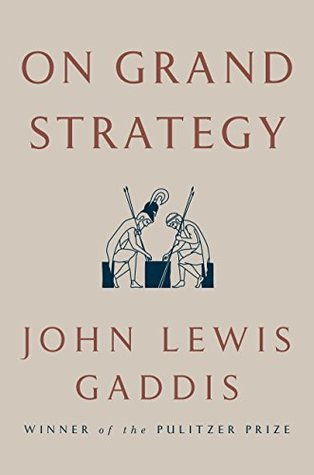More on this book
Community
Kindle Notes & Highlights
“the ability to hold two opposed ideas in the mind at the same time, and still retain the ability to function.”
We’d need to combine, within a single mind (our own), the hedgehog’s sense of direction and the fox’s sensitivity to surroundings. While retaining the ability to function.
[A] compass . . . [will] point you true north from where you’re standing, but it’s got no advice about the swamps and deserts and chasms that you’ll encounter along the way. If in pursuit of your destination, you plunge ahead, heedless of obstacles, and achieve nothing more than to sink in a swamp . . . , [then] what’s the use of knowing true north?28
The psychologist Daniel Kahneman attributes this proficiency to an unconscious reliance on two kinds of thinking. “Fast” thinking is intuitive, impulsive, and often emotional. It produces, when needed, instant action: it’s what you do to keep from running into things, or to keep them from running into you. “Slow” thinking is deliberate, focused, and usually logical. It needn’t result in action at all: it’s how you learn in order to know. Tetlock sees a similarity in the human genome, and uses Berlin’s animals to explain it:
Foxes were better equipped to survive in rapidly changing environments in which those who abandoned bad ideas quickly held the advantage. Hedgehogs were better equipped to survive in static environments that rewarded persisting with tried-and-true formulas. Our species—homo sapiens—is better off for having both temperaments.32
There is an older way, though, in which history and theory have worked together. Machiavelli hints at it in the dedicatory letter to The Prince, where he values nothing so much “as the knowledge of the actions of great men, learned by me from long experience with modern things and a continuous reading of ancient ones.” This he has distilled into “one small volume,” meant to give “you [his patron Lorenzo de’ Medici] the capacity to be able to understand in a very short time all that I [Machiavelli] have learned and understood in so many years and with so many hardships and dangers for
...more
The well-trained soldier will surely perform better than one with no preparation at all, but what is “training,” as Clausewitz understands it? It’s being able to draw upon principles extending across time and space, so that you’ll have a sense of what’s worked before and what hasn’t. You then apply these to the situation at hand: that’s the role of scale. The result is a plan, informed by the past, linked to the present, for achieving some future goal. The engagement, however, won’t in all respects follow the plan. Not only will its outcome depend on what the other side does—the “known
...more
but it will also reflect “unknown unknowns,” which are all the things that can go wrong before you’ve even encountered an adversary. Together, these constitute what Clausewitz called “friction,” the collision of theory with reality about which Artabanus tried to warn Xerxes, many centuries earlier at the Hellespont.


